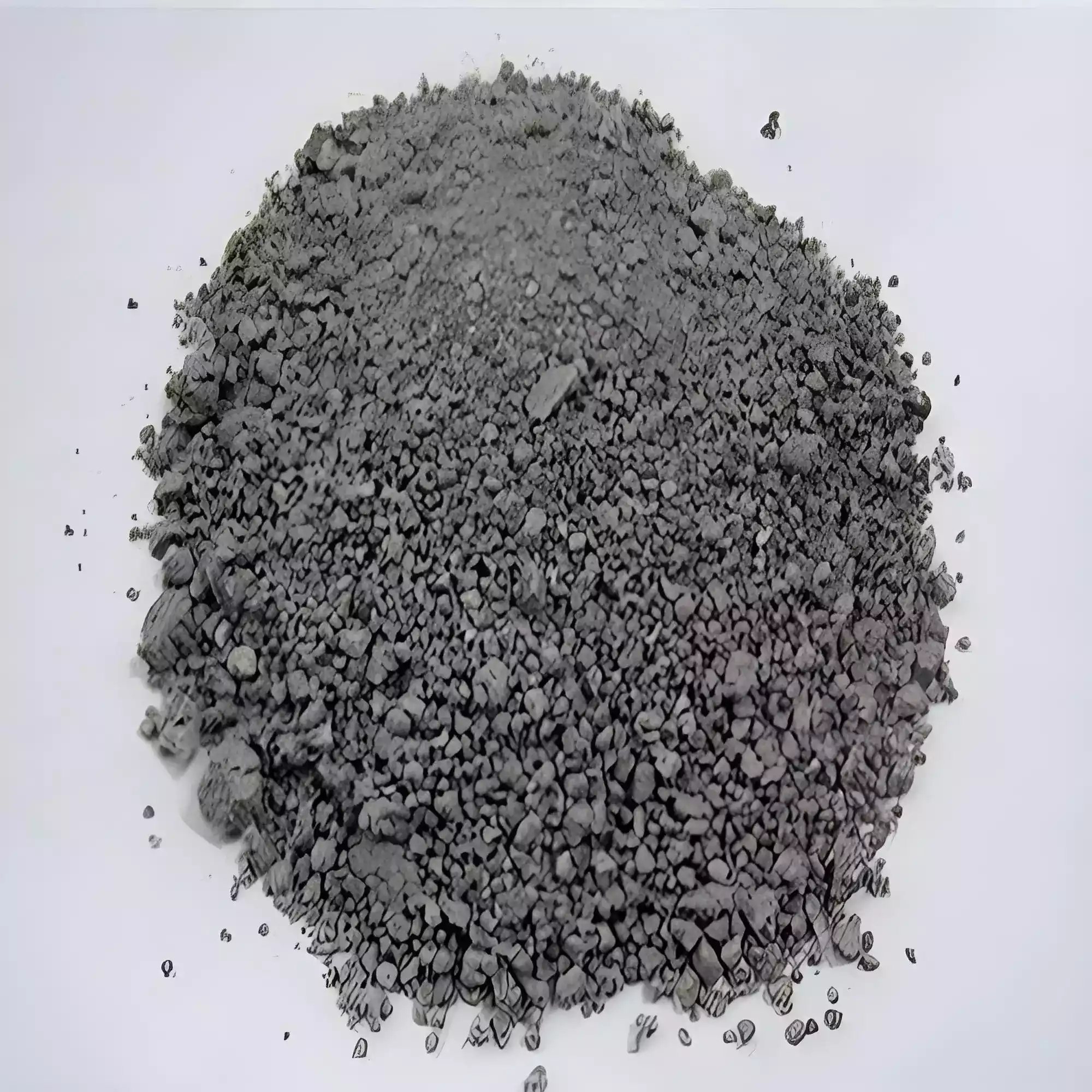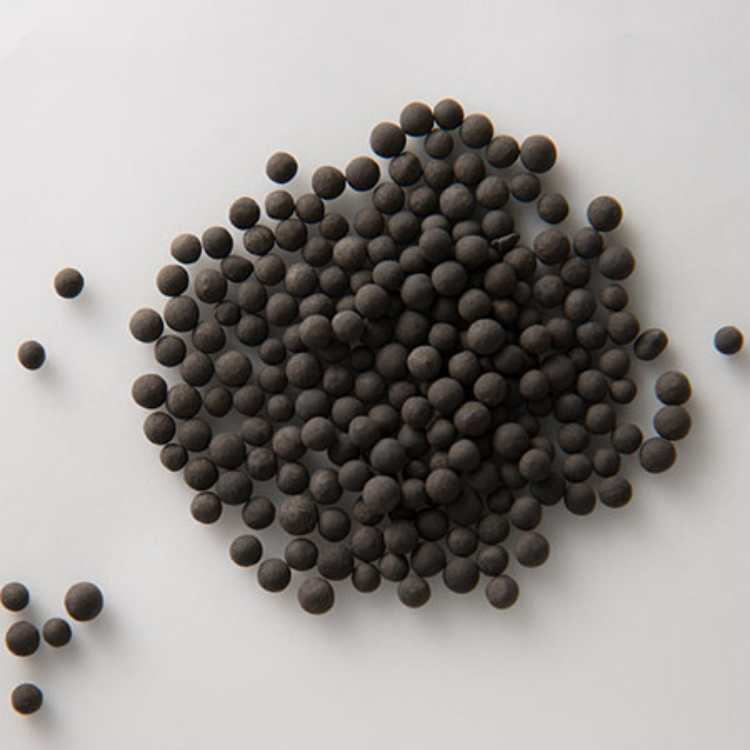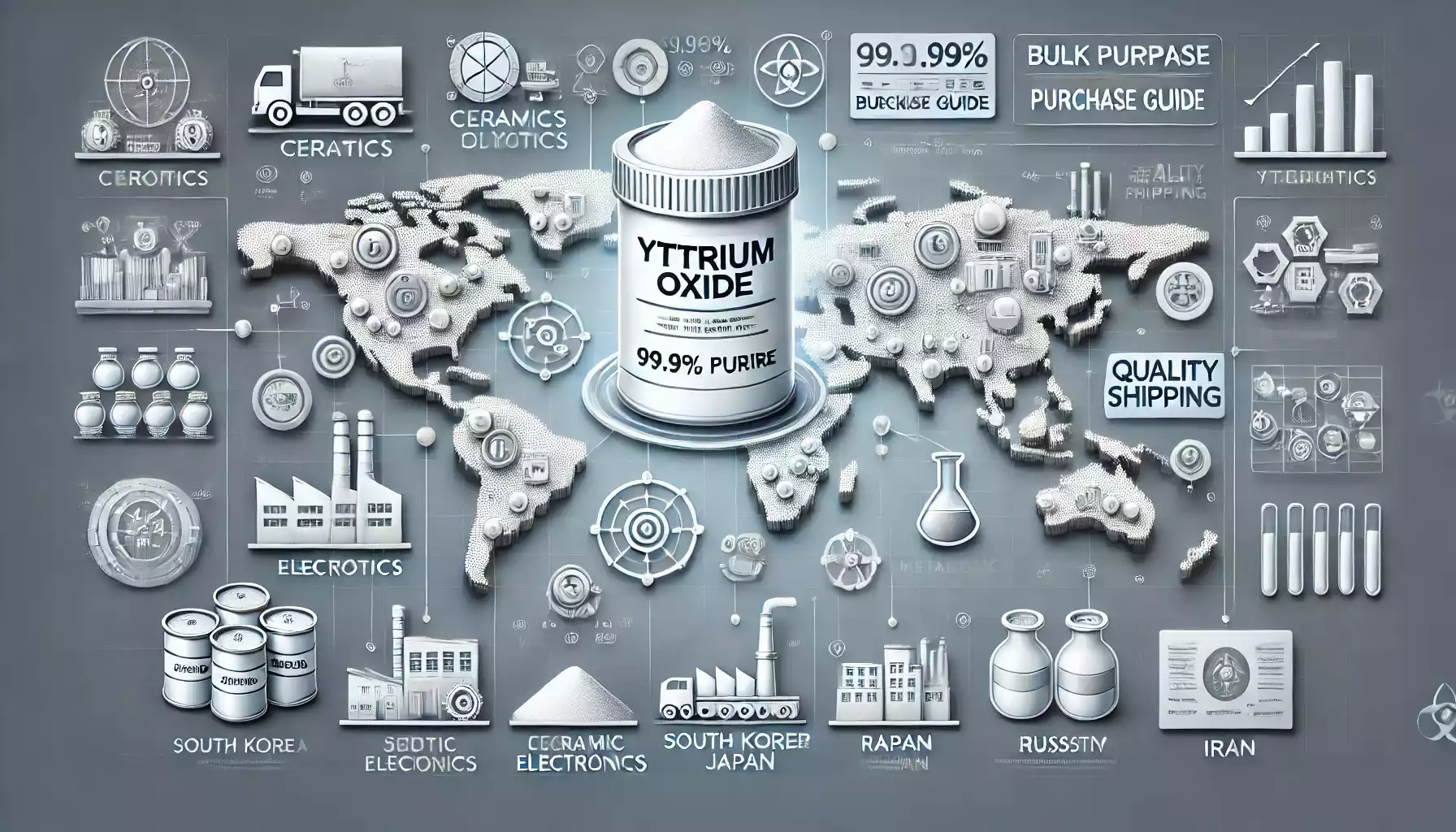![]()

8 Uses of Ruthenium Catalyst
Ruthenium catalysts are pivotal in a wide range of chemical processes, contributing significantly to industries from petrochemicals to pharmaceuticals. As a precious metal, ruthenium has distinct properties that make it ideal for catalyzing various reactions. In this article, we’ll explore 8 uses of ruthenium catalyst, focusing on how it enhances chemical reactions, promotes environmental sustainability, and drives efficiency in industrial applications. If you’re looking to purchase high-quality ruthenium catalyst materials, Honrel offers some of the best options for large-scale use in factories and industries.
Table of Contents
1. Petrochemical Industry: Enhancing Refining Processes
Ruthenium catalysts are crucial in refining petroleum products, particularly in processes like hydrocracking. Hydrocracking is a method of breaking down large hydrocarbons into smaller, more valuable products, such as gasoline and jet fuel. Ruthenium’s ability to stabilize intermediate compounds makes it ideal for these high-pressure, high-temperature environments. By incorporating a ruthenium catalyst, refineries can maximize output and energy efficiency.
For more details on the various catalysts used in the petrochemical industry, check out our article on Catalyst Raw Material.
2. Automotive Industry: Emission Control Systems
In the automotive sector, ruthenium is often used as a catalyst for emission control systems, specifically in the reduction of nitrogen oxide (NOx) emissions. This helps meet strict environmental standards in various countries. By using ruthenium-based catalysts, manufacturers can produce cleaner exhaust gases, contributing to environmental conservation.
3. Hydrogenation Reactions: Producing High-Quality Chemicals
Hydrogenation is another important application for ruthenium catalysts. This process is essential for converting unsaturated fats and oils into saturated ones, which are used in everything from margarine to biodiesel. Ruthenium catalysts are highly effective in hydrogenating organic compounds, offering faster reaction times and higher yields. For those interested in these industrial uses, Honrel offers a range of catalysts tailored to these specific needs.
4. Fine Chemicals Synthesis: Increasing Reaction Selectivity
The fine chemical industry, which includes pharmaceuticals and specialty chemicals, relies on ruthenium for its high selectivity in catalyzing reactions. When synthesizing complex molecules, ruthenium catalysts ensure that only the desired product is formed, minimizing by-products and waste. This is especially important in the synthesis of active pharmaceutical ingredients (APIs), where purity and precision are paramount.
For more on raw materials used in the chemical sector, explore our Chemical Raw Materials page.
5. Catalytic Converters in Diesel Engines
Ruthenium plays a pivotal role in catalytic converters for diesel engines. Diesel engines tend to produce more harmful emissions than gasoline engines, so catalytic converters are designed to reduce the levels of harmful pollutants. Ruthenium-based catalysts are particularly effective in the selective reduction of NOx in diesel exhaust, ensuring compliance with environmental regulations.
6. Synthetic Fuel Production
As the demand for alternative energy sources increases, synthetic fuels derived from coal, natural gas, and biomass have gained attention. Ruthenium catalysts are used in processes like Fischer-Tropsch synthesis, which converts CO and H2 into liquid hydrocarbons. This allows the production of synthetic diesel and other fuels, offering a cleaner alternative to traditional petroleum-derived fuels.
7. Organic Synthesis: Aiding Complex Reactions
Ruthenium catalysts are widely used in organic synthesis, particularly in reactions that require the activation of molecules with minimal side reactions. These catalysts can facilitate complex transformations such as cross-coupling reactions, hydrogenation, and C-H activation. This makes ruthenium an essential tool for chemists looking to develop new materials and compounds in fields like biochemistry and material science.
8. Renewable Energy: Fuel Cells and Electrolysis
With a growing focus on sustainable energy solutions, ruthenium catalysts are increasingly being used in fuel cells and electrolysis processes. These technologies convert chemical energy into electrical energy, offering a clean, efficient way to power vehicles and industrial systems. Ruthenium-based catalysts improve the efficiency of these energy conversion processes, making them a key player in the renewable energy sector.
Frequently Asked Questions (FAQs)
1. What is a ruthenium catalyst?
A ruthenium catalyst is a chemical substance made from the precious metal ruthenium, used to speed up chemical reactions without being consumed in the process. It is often used in reactions like hydrogenation, fuel cell development, and emission control.
2. Why is ruthenium used as a catalyst?
Ruthenium is used as a catalyst because of its excellent ability to facilitate reactions, especially in high-pressure or high-temperature environments. It also offers high stability and selectivity, making it ideal for complex industrial processes.
3. What industries use ruthenium catalysts?
Industries such as petrochemicals, automotive, fine chemicals, and renewable energy use ruthenium catalysts. It is especially valuable in refining processes, emission control, and synthetic fuel production.
4. How does ruthenium help in hydrogenation?
Ruthenium is effective in hydrogenating unsaturated compounds like vegetable oils and fats. It allows for the addition of hydrogen to these compounds, turning them into saturated fats or oils, which have different physical properties and uses.
5. Can ruthenium catalysts be reused?
Yes, ruthenium catalysts can be reused multiple times in certain processes. However, over time, their activity may decrease, so periodic regeneration or replacement may be necessary.
6. Are ruthenium catalysts environmentally friendly?
Ruthenium catalysts can make processes more environmentally friendly by reducing energy consumption and improving reaction efficiency. They are also used in emission control systems to reduce pollutants from industrial processes.
7. How are ruthenium catalysts supplied?
Ruthenium catalysts are supplied in various forms, such as powders, supported on materials like activated charcoal, or as part of metal alloys. Suppliers like Honrel offer customized catalyst solutions for large-scale industrial applications.
8. How can I purchase ruthenium catalysts?
Ruthenium catalysts can be purchased directly from chemical raw material suppliers like Honrel. They offer a wide range of catalysts for various industries, ensuring you get the right product for your specific needs.

Analysis Tables
Table 1: Key Properties of Ruthenium Catalysts
| Property | Value |
|---|---|
| Catalyst Type | Precious Metal Catalyst |
| Common Uses | Hydrogenation, Emission Control, Synthetic Fuel Production |
| Typical Reaction Conditions | High temperature, High pressure |
| Catalyst Support | Activated charcoal, other supports |
| Environmental Impact | Reduced emissions, energy efficiency |
Table 2: Industries Using Ruthenium Catalysts
| Industry | Application |
|---|---|
| Petrochemical | Hydrocracking and refining processes |
| Automotive | Emission control in catalytic converters |
| Chemical Manufacturing | Hydrogenation, fine chemical synthesis |
| Renewable Energy | Fuel cell technology and electrolysis |
Conclusion
Ruthenium catalysts are integral to many industrial processes, enhancing reaction efficiency and promoting sustainability. Whether in petroleum refining, emissions control, or renewable energy, the applications of ruthenium are vast and varied. For companies looking to purchase high-quality ruthenium catalysts, Honrel offers reliable and cost-effective solutions for large-scale industrial needs. For more information, visit Honrel’s Ruthenium Catalyst page.



